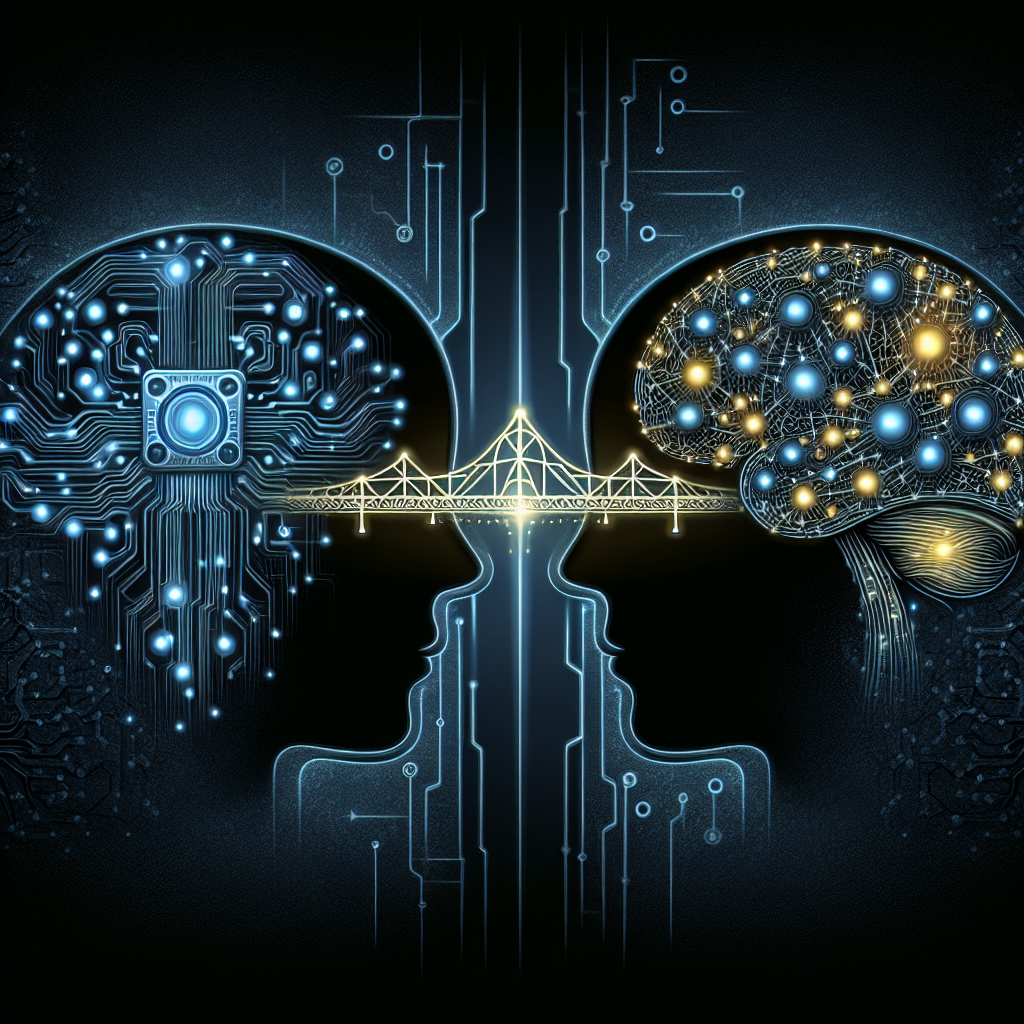Artificial General Intelligence (AGI) is a fascinating field that aims to bridge the gap between humans and machines by creating intelligent systems that can perform a wide range of tasks as well as or even better than humans. AGI is often considered the next frontier in artificial intelligence, as it seeks to develop machines that possess general cognitive abilities similar to human beings.
AGI is different from narrow AI, which is designed to perform specific tasks within a limited domain. While narrow AI has made significant advancements in areas such as image recognition, natural language processing, and game playing, it lacks the ability to generalize its knowledge and skills to new situations. In contrast, AGI seeks to create machines that can learn, reason, and adapt to a variety of tasks and environments, much like human beings.
The concept of AGI has been around for decades, but recent advances in machine learning, deep learning, and neural networks have brought us closer to achieving this goal. Researchers are exploring various approaches to developing AGI, including symbolic reasoning, neural-symbolic integration, and reinforcement learning. While there is still much work to be done, the potential benefits of AGI are vast, ranging from improving healthcare and education to revolutionizing transportation and communication.
One of the key challenges in developing AGI is building systems that can understand and learn from complex, unstructured data. While humans can effortlessly process and make sense of diverse information sources, machines struggle with this task. Researchers are working on enhancing machine learning algorithms with natural language processing, computer vision, and other capabilities to help machines better understand and interpret the world around them.
Another challenge in developing AGI is ensuring that intelligent systems are ethical and safe. As machines become more capable of making decisions and taking actions on their own, it is crucial to establish guidelines and regulations to prevent potential harm to humans and society. Researchers are exploring ways to imbue intelligent systems with values, ethics, and empathy to ensure they act in ways that align with human values and interests.
Despite these challenges, the potential benefits of AGI are immense. Intelligent systems with general cognitive abilities could revolutionize industries such as healthcare, transportation, finance, and entertainment. For example, AGI-powered diagnostic systems could help doctors make more accurate and timely diagnoses, while autonomous vehicles could make transportation safer and more efficient. AGI could also enhance education by personalizing learning experiences for students and providing teachers with valuable insights and support.
In addition to its practical applications, AGI could also have profound implications for society as a whole. As intelligent systems become more capable of performing tasks traditionally done by humans, there is a growing concern about the impact of automation on jobs and the economy. Researchers and policymakers are exploring ways to address these challenges, such as retraining workers for new roles, implementing universal basic income, and fostering creativity and entrepreneurship.
As we continue to make progress in developing AGI, it is essential to consider the ethical, social, and economic implications of this technology. By working together to address these challenges and opportunities, we can ensure that AGI benefits humanity as a whole and creates a more inclusive and equitable future.
FAQs about AGI:
Q: What is the difference between AGI and narrow AI?
A: AGI aims to create machines with general cognitive abilities similar to humans, while narrow AI is designed to perform specific tasks within a limited domain.
Q: How close are we to achieving AGI?
A: While significant progress has been made in artificial intelligence, we are still far from achieving AGI. Researchers are working on various approaches to develop intelligent systems with general cognitive abilities.
Q: What are the potential benefits of AGI?
A: AGI could revolutionize industries such as healthcare, transportation, finance, and entertainment. It could also enhance education, improve decision-making, and create new opportunities for innovation and creativity.
Q: What are the ethical and safety concerns related to AGI?
A: As machines become more capable of making decisions and taking actions on their own, it is crucial to establish guidelines and regulations to prevent potential harm to humans and society. Researchers are exploring ways to imbue intelligent systems with values, ethics, and empathy to ensure they act in ways that align with human values and interests.
Q: How can we address the impact of automation on jobs and the economy?
A: Researchers and policymakers are exploring ways to address the challenges of automation, such as retraining workers for new roles, implementing universal basic income, and fostering creativity and entrepreneurship.
In conclusion, AGI has the potential to transform the way we live, work, and interact with machines. By addressing the challenges and opportunities of this technology, we can ensure that AGI benefits humanity as a whole and creates a more inclusive and equitable future. As we continue to make progress in developing AGI, it is essential to consider the ethical, social, and economic implications of this technology and work together to build a better future for all.

